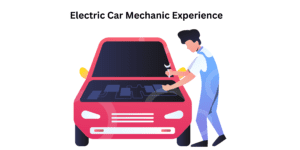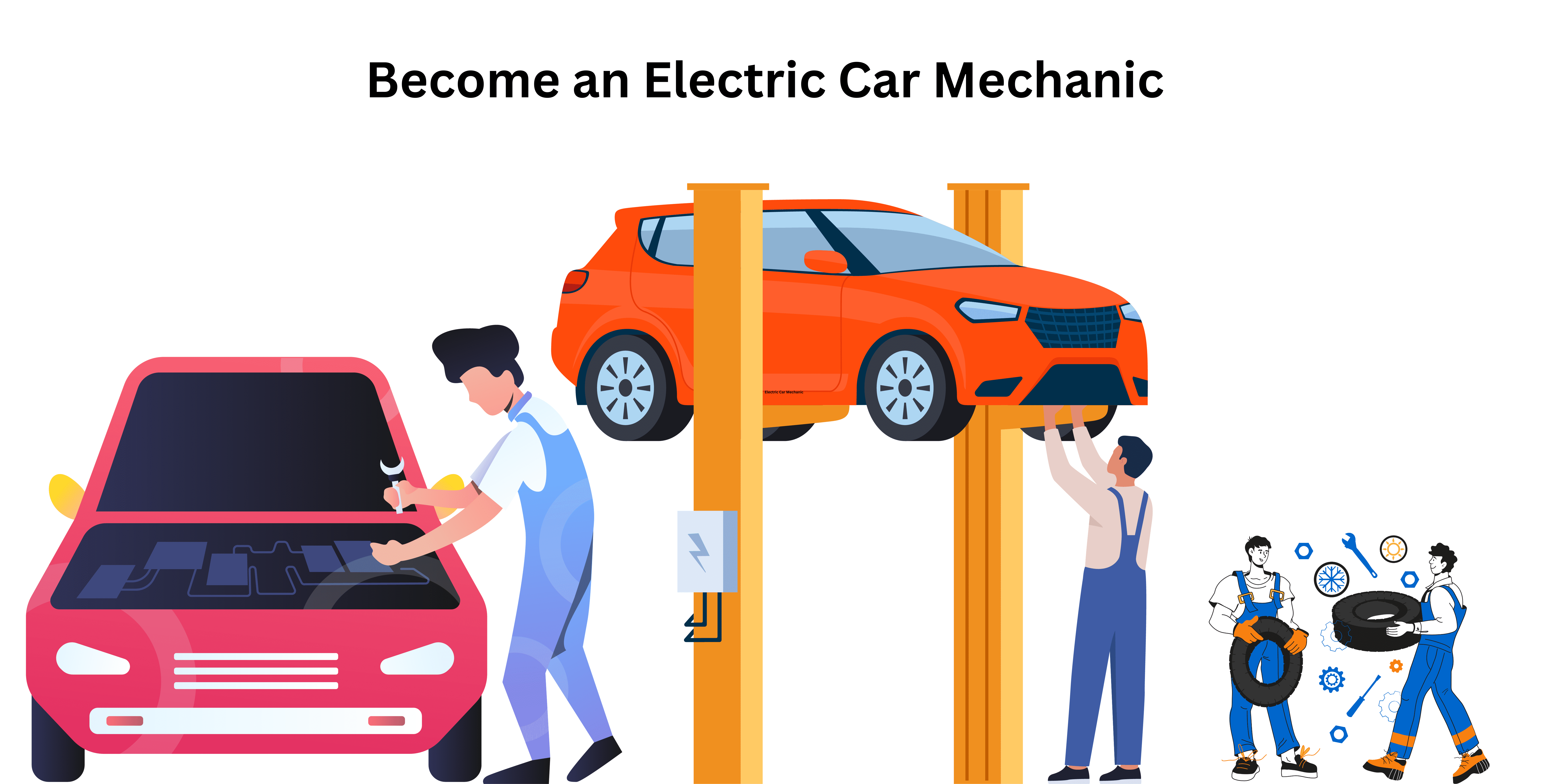The demand for qualified electric car mechanics is on the rise due to the increasing popularity of electric cars. Getting started in this field requires a few steps if you are interested in this career path.
Becoming an electric car mechanic in the United States requires a specific set of skills and knowledge. As the demand for electric vehicles continues to rise, so does the need for trained professionals who can service and repair these cutting-edge vehicles.
In This Post, We Will Outline the Steps to Becoming an Electric Car Mechanic in the US.
The best way to gain an in-depth understanding of electric vehicle technology is to enroll in a local community college that offers a degree program in electronic vehicle technology if you want to be an EV technician. After completing one of the EV technician programs that take two to three years to complete, you’ll be able to learn everything you need to know to become an EV technician at the end of your studies
Get the Right Education and Training
The best way to prepare for a career as an electric car mechanic is to complete an accredited training program. These programs will teach you the basics of electric car repair, including how to work with high-voltage systems and batteries.
There are a number of accredited training programs available, both online and in person. Electric car mechanic training programs are also offered at some community colleges and vocational schools.

Obtain a Certification
As a result of completing an accredited training program, you will be eligible to obtain a certification from a reputable organization such as the National Institute for Automotive Service Excellence (ASE). The certification proves that you have the necessary skills and knowledge for working on electric vehicles.

The Ase Offers a Variety of Certifications for Electric Car Mechanics, Including:
-
Electric/Hybrid Vehicle Systems (L2)
-
Electric/Hybrid Vehicle Advanced Diagnostics (L3)
-
Electric/Hybrid Vehicle High Voltage Systems (L4)
Gain Experience
The next step is to gain experience working on electric cars once you have obtained your certification. You can do this by working as an apprentice under an experienced mechanic, or by finding a job at a dealership or repair shop that specializes in electric cars.
Apprenticeships are a great way to learn from professionals and get hands-on experience. Look for an apprenticeship that’s accredited by the National Automotive Technicians Education Foundation (NATEF).

After you have acquired some experience, you are able to seek full-time employment as an electric car mechanic. Auto dealerships, repair shops, and other automotive businesses offer a wide variety of employment opportunities.
Stay Up-to-date on the Latest Technologies
Electric vehicles are constantly evolving, so it is important to stay up-to-date on the latest technologies and repair techniques. The most effective way to accomplish this is to read trade publications, attend industry events, and enroll in continuing education courses.
There are many organizations that offer continuing education courses for electric car mechanics. Some of these organizations include:
-
Society of Automotive Engineers (SAE)
-
National Automotive Technicians Education Foundation (NATEF)
Network With Other Mechanics
You can learn about new opportunities and stay up-to-date on industry trends by networking with other mechanics. You can network with other mechanics by attending industry events, joining online forums, and reaching out to mechanics in your area.
Stay Updated with the Latest Electric Vehicle Technology and Trends
Attending workshops and conferences focused on electric vehicle technology advancements is a good way to stay informed. They provide a platform for experts, researchers, and industry leaders to share their insights. By attending such events, professionals can learn about the latest technological breakthroughs, industry best practices, and regulatory developments.
During workshops, participants can engage in hands-on activities, demonstrations, and discussions. Attendees can gain a deeper understanding of specific topics or technologies. A conference, on the other hand, provides a broader perspective by featuring keynote speeches and panel discussions.
